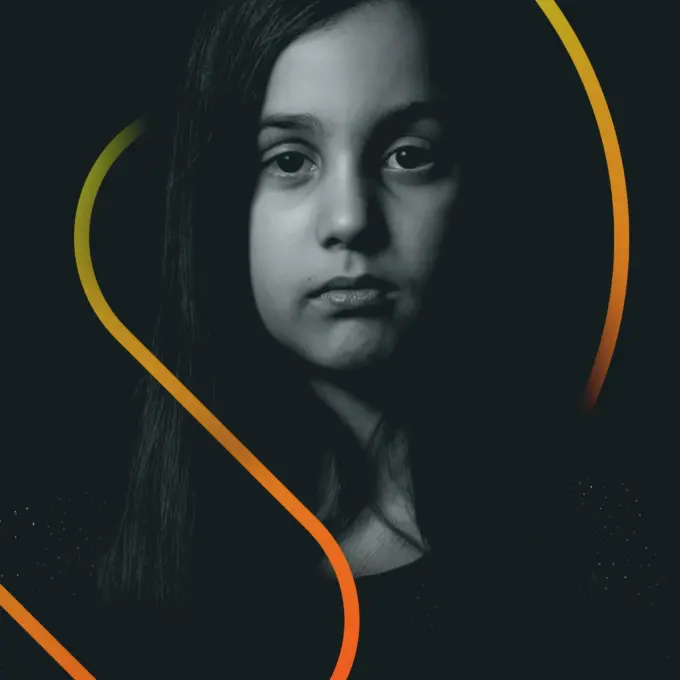
Communicating Compassionately with Young Londoners Displaying Harmful Sexual Behaviours
Harmful Sexual Behaviours (HSB) is a term used to describe sexual actions that are outside what is safe for a young person’s stage of development.
Positive relationships in the lives of young Londoners are vital to their health and wellbeing. Like other areas of a young Londoner's development, the development of their sexual identity begins from birth and continues through childhood and adolescence.
Sexual behaviours in children and young people exist on a spectrum ranging from ‘normal’ to ‘violent.
Normal
Developmentally expected
Socially acceptable
Consensual, mutual, reciprocal
Shared decision making
Inappropriate
Single instances of inappropriate sexual behaviour
Socially acceptable behaviour within peer group
Context for behaviour may be inappropriate
Generally consensual and reciprocal
Problematic
Problematic and concerning behaviours
Developmentally unusual and socially unexpected
No overt elements of victimisation
Consent issues may be unclear
May lack reciprocity or equal power
May include levels of compulsivity
Abusive
Victimising intent or outcome
Includes misuse of power
Coercion and force to ensure victim compliance
Intrusive
Informed consent lacking, or not able to be freely given by victim
May include elements of expressive violence
Violent
Physically violent sexual abuse
Highly intrusive
Instrumental violence which is physiologically and/or sexually arousing to the perpetrator
Sadism
Rosa, Safer London’s Expert Neurodiversity HSB Caseworker and Internal Advisor, offers three tips on how you can communicate compassionately with young Londoners displaying HSB.

Top tip 1
It is helpful to get to know the young Londoner outside of their HSB. Learning about their interests and goals helps build a trusting relationship with the young Londoner, as well as helps them see a positive future for themselves. I use a strengths-based approach which focuses on the young Londoner’s capability, rather than their limitations. This allows them to feel in control of their own life and behaviour. We know that the majority of HSB displayed by children does not continue into adulthood and therefore it is important for the young Londoner and the people in their lives to be able to move on from the incident with the correct support.
In the last 12 months
has been the average age of a young Londoner accessing our support
Top tip 2
Secondly, it is important to provide a non-judgemental space for the young Londoner. There is always a reason behind HSB and therefore it is helpful to approach a case with curiosity about the young Londoner’s experiences, rather than judgement about their behaviour. Evidence suggests many of the young people we work with have been exposed to inappropriate sexual material or experiences. Using a trauma informed approach allows me to understand how a young Londoner’s neurology may have been affected by their experiences and how this may impact their behaviour. Letting the young person give their own perspective on their life and their behaviour allows me to identify why the behaviour may have occurred and therefore how best to intervene.
There is always a reason behind HSB and therefore it is helpful to approach a case with curiosity about the young Londoner’s experiences, rather than judgement about their behaviour.
Top tip 3
Finally, I need to be flexible with the kind of support that a young Londoner may require. I allow the young Londoner to speak about their behaviour in their own time and in a way that they feel comfortable with. I focus my sessions on education around sex, healthy relationships, and safety. Many of these topics can be addressed without directly speaking about their behaviour. In time, the young Londoners feel comfortable to open up about their experiences. Additionally, the young Londoner may need additional support to help them engage positively in other aspects of their life such as hobbies, friendships, or school. Prosocial activities are a great protective factor against HSB so it is really important to be able to adapt support for the specific needs of the individual.

Since 2020 we’ve been delivering a service for young Londoners displaying HSB. The development and delivery of our service has been evaluated by The University of Sussex. This report serves as a critical tool in helping us shape this service to be the best it can possibly be for those who access it.
Read the full report
Click Here